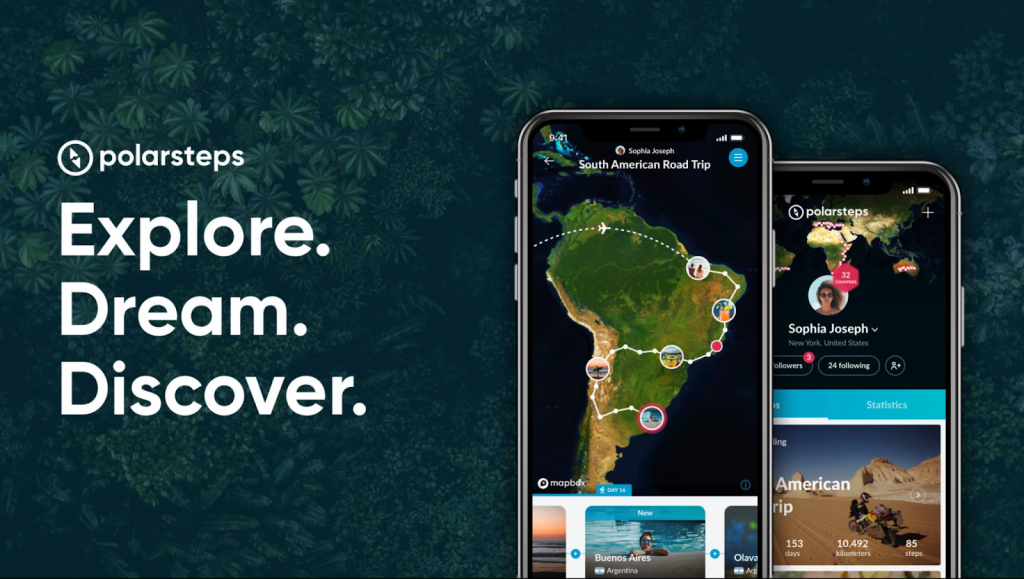The travel business is dependent on consumers making buying decisions and influencing those decisions is a critical marketing tool for travel providers. Invoking certain emotional responses or mindsets could sway the needle to ‘buy’ instead of a potential customer moving on to a different website. Travel product and service providers understand the emotional connection to travel purchases and any clues as to traveler behavior could optimize marketing initiatives and product offerings, creating more opportunities for customers to potentially click purchase and book services. The travel industry is a data driven business and providers that fully understand their customer’s wants and needs can deliver more appropriate services and products.

Data Here There and Everywhere
Data is an important asset to the travel industry but understanding the types of data available and how it is collected is fundamental to data analytics. Data collection ideally starts at the provider’s website. A potential customer may fill out an inquiry form, including some important information. Information from purchases would also be collected and those data points assigned to the individual user. In more advanced collection methods, surfing behavior, clicks and mouse tracking could also provide valuable inputs as data could be cross referenced with the user’s IP address and checked for previous visits and activity. That data types collected are in 3 groups:
- Basic data such as the customer’s name and email
- Demographic data
- Customer’s age & gender
- Location of customer
- Previous purchase value and spending habits
- Preferential data
- Time of year for searches / purchases
- Destinations or experiences researched / purchased
- Value or luxury focused searches / purchases
This is a brief list of data points that can be collected and analyzed to help improve sales and operations. The travel business leans heavily on preferences and the core of any marketing or offerings strategy should start with the hyper valuable preferential data.
Protecting & Securing Virtual Assets
Collecting and analyzing data is part of the data analytics process but a major component that must be considered is data security. Providers and brands have obligations to their customers to prevent unauthorized access to sensitive and private data that individuals hand over. Because traveling itself requires swaths of personal information, data security and protection is a critical and number one priority for the travel industry. The European Unions’ General Data Protection Regulation strictly defines the responsibilities of data collectors when it comes to securing and protecting sensitive customer data. While covering the EU, the GDPR applies globally as internet access spans across the globe. Travel providers must also check within their region for specific rules regarding data collection and security and work within those laws. Aside from the legal ramifications, travel providers must prioritize data security and privacy to convey peace of mind and confidence to existing and potential customers. Cybersecurity incidents such as data breaches, ransomware attacks and denial of service should be addressed by the brand with clear policies, strategies and crisis plans in the event of such attacks. Data security and protection is a major concern for internet users and must be top of mind for travel providers who depend on data to drive profitability.
Data Analytics and The Bottom Line
Travel product and service providers depend on potential customers saying yes to purchasing decisions. When it comes to the travel market, many of those decisions can be invoked or swayed by emotional responses and travel businesses can rely on data analytics to provide the right product or service to the right customer at the right price. Companies and brands that fully understand the wants, needs and demands of their customer base can fully optimize marketing and offerings, increasing the likelihood of a yes to purchasing decisions. Product and service pricing can also be dynamic, potentially maximizing margin based on inputs and information from individual users. Real time data points can also reveal fast moving trends in travel that providers can capitalize on. Increasing purchases while enhancing margins and profitability by using data analytics can give travel providers a business edge in a fiercely competitive marketplace.
Artificial Intelligence and Data Analytics
Artificial Intelligence is a hot term in business technology and essentially, it is defined as a method of teaching machines to think like humans. Computers that can process vast amounts of data instantly can also make ‘judgment calls’ based on learning from past data and recognizing patterns. These machines can ‘think’ about the data they are processing and make decisions based on past instances and patterns. AI and data analytics go hand in hand as speed, accuracy and decision making are critical for success. The AI model can be applied to the travel industry as almost every category could benefit from an AI based data analytics campaign. An example of this speed and accuracy is Ryanair using AI and data analytics to offer dynamic pricing that maximizes dollars and bookings for each flight. Prices change in real time based on market conditions, aircraft load and past demand for that particular route. For the travel business, AI and data analytics are the wave of the near futures when it comes to marketing and influencing purchasing behavior.
Opportunities for the Travel Market in the Information Age
The ‘Information Age’ offers many opportunities for travel providers to better serve their existing customers as well as acquire new clients. By collecting data and using data analytics, travel companies can efficiently market and price their products and services to an attentive audience and influence buying decisions. Data analytics can also help travel providers optimize pricing in real time and pivot quickly when new travel trends are revealed by inputs. When used properly, data analytics can help travel providers increase purchases, customer loyalty and profit margins, and as valuable as this asset is to business, data must also be secured and protected as all businesses have a responsibility to maintain customer privacy. The travel industry has become more data driven as technological innovations and travel demand continue to move forward.

